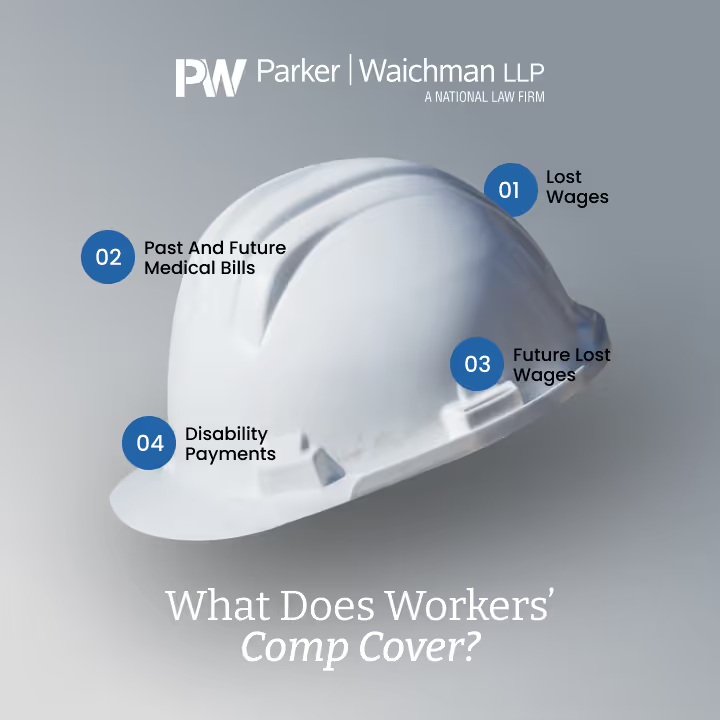Workers’ Compensation Law Firm
How Can a Workers’ Compensation Attorney Help?
Many people don’t understand how complex and difficult it can be to recover compensation when filing a workers’ comp claim. An injured worker needs to know their legal responsibilities and rights, as well as those of the other parties involved, such as the company’s insurance provider and their employer. If you have been injured on the job, a workers’ compensation attorney can help guide you through the complicated claims process, every step of the way.
They can review your case, and your medical records, and handle all communication with the insurance company. If your claim is being delayed, they will communicate with the claims adjuster and ensure the insurance company is not dragging its feet. Additionally, if your claim is wrongfully denied, they can help you file an appeal and represent you in court, if necessary.
Dealing with an aggressive claims adjuster while injured and out of work can be frustrating and overwhelming. At Parker Waichman LLP, our workers’ comp attorneys will work tirelessly to fight for your right to fair compensation and help you recover the settlement you’re owed.
What to Do When You’re Hurt at Work
If you were injured on the job, you must seek medical treatment as soon as possible. Next, you must notify your employer regarding the accident. Your employer is required to report the injury to the state’s Workers’ Compensation Board, and their insurance provider.
You must also continue with medical treatment during this time, and save all documentation regarding treatment.
What Does Workers’ Comp Cover?
Before you receive a settlement, your workers’ comp lawyer will assess your damages based on your injuries, your prognosis, and how much time you’ve missed at work.
You may be entitled to the following types of damages:
- Past and future medical bills
- Lost wages
- Future lost wages
- Disability payments
- Funeral costs, if you lost a loved one in a work-related accident
A claims adjuster may be quick to offer a settlement amount, however, these settlements are often not nearly enough to cover the injured worker’s total damages.
A workers’ comp lawyer at Parker Waichman LLP will assess your damages, review medical bills, consult with medical professionals, and accurately assess your damages to ensure you recover the settlement you’re owed.
Bad Faith Workers’ Compensation Insurance Practices
A workers’ comp claims adjuster may fail to properly investigate your accident claim, they may deny it without reviewing all of the evidence, or they may take too long to process your claim. This is often done to protect the insurance company’s financial interests. By wrongfully denying your claim or delaying the process they can reduce the settlement amount. If your claim is unfairly denied or delayed, you must contact a workers’ comp lawyer at Parker Waichman LLP as soon as possible. We know how to handle claims adjusters and will go above and beyond to protect your rights and fight for the compensation you deserve.













































